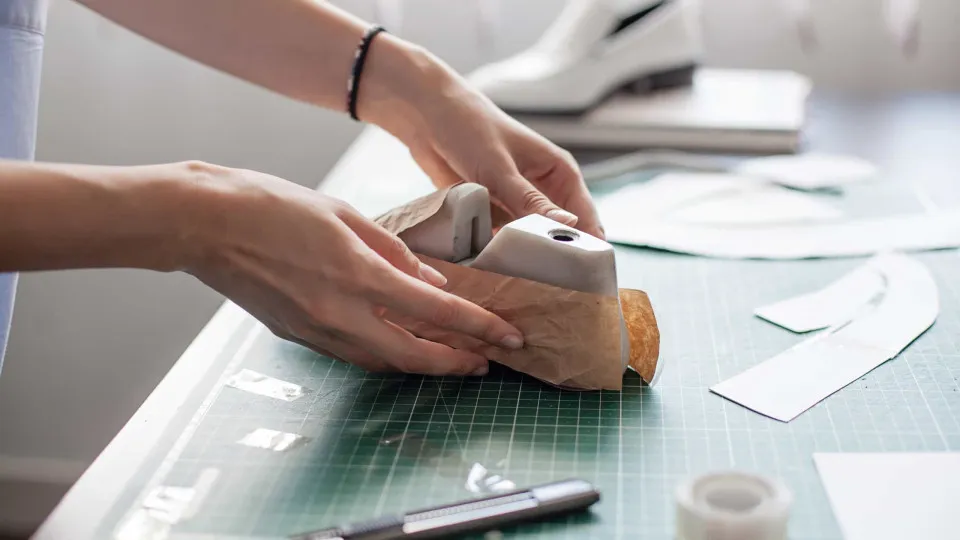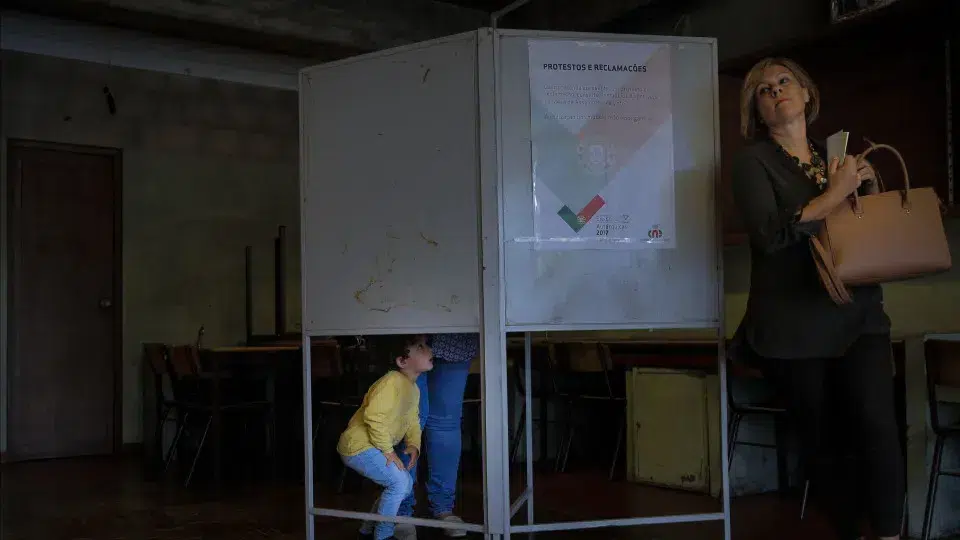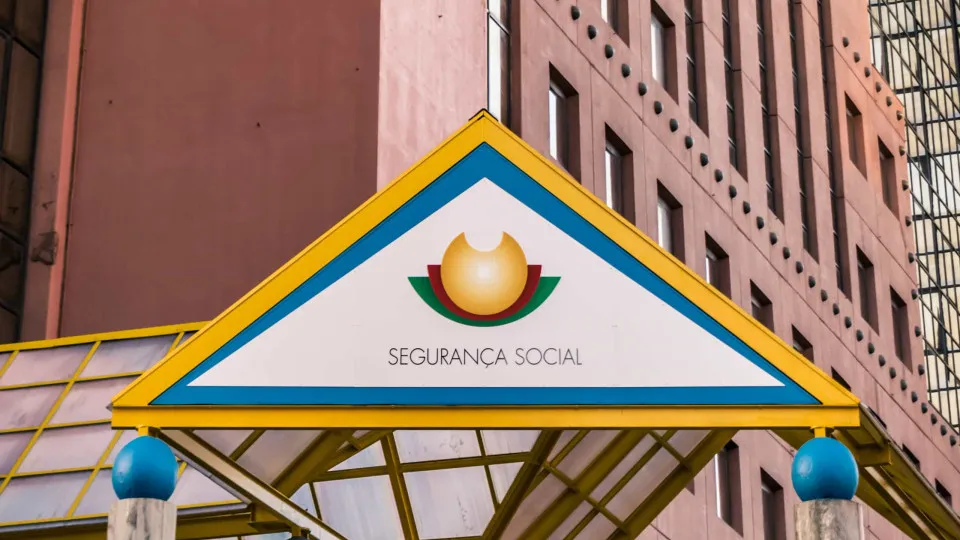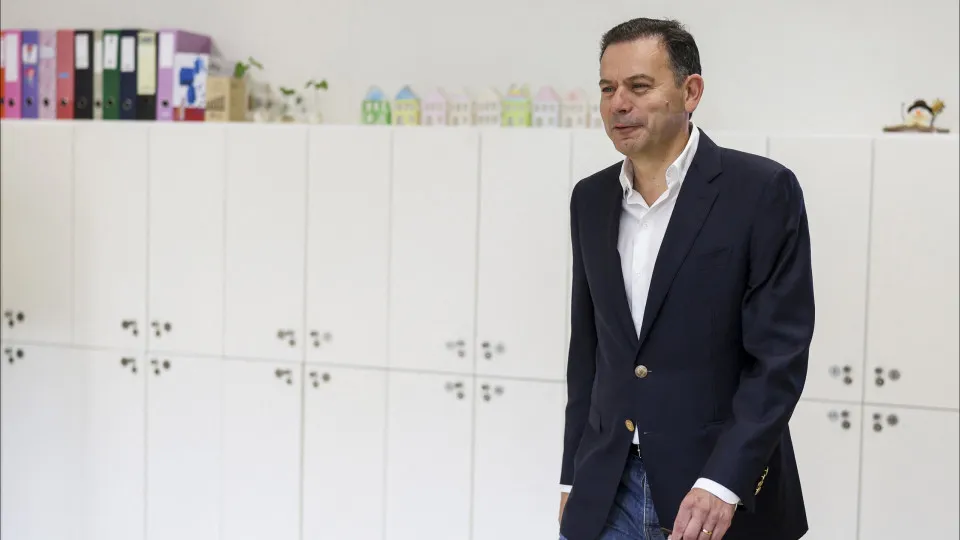
With an execution rate of 85%, the BioShoes4All project stands as one of the initial PRR-funded projects to publicly present tangible results. This achievement is a collaborative effort involving over 70 entities from the sector, with a global investment of approximately 60 million euros—the largest ever in the history of the footwear industry in Portugal, highlighted the Portuguese Association of Footwear, Components, Leather Goods and Their Substitutes (APICCAPS) during the “The Final Step” conference held today in Matosinhos.
Structured around five strategic axes—Biomaterials, Ecological Footwear, Circular Economy, Advanced Production Technologies, and Training and Promotion—the BioShoes4All project aimed to consolidate a resilient and competitive national production base focused on innovation, sustainability, differentiation, and a swift response to the international market.
In total, the initiative engaged more than 70 partners over three years, representing a global investment exceeding 60 million euros.
“BioShoes4All was not just another project. It was—and is—a concrete response to the major challenges of our time: ecological transition, digital transformation, and the appreciation of national human capital and know-how,” emphasized the president of APICCAPS in his opening remarks at the “The Final Step” conference.
According to Luís Onofre, the project focused on biotechnology, next-generation materials, and cleaner and more efficient production solutions, as well as the development of young talent and internationalization.
“We launched innovative collections, promoted Portuguese footwear at major international fashion weeks, built bridges with design schools, invested in sustainability as a core value, and firmly established that Portugal produces not only excellent footwear and leather goods but also culture and the future,” he emphasized.
As a result, the footwear sector, he maintained, can “confidently assert” that it is “more prepared, more resilient, and more competitive,” while also “more aware of its role,” because “innovation also means knowing how to preserve.”
During her presentation at the conference, the coordinator of the BioShoes4All, Maria José Ferreira, explained that the goal was “to promote the transition of the footwear cluster to a sustainable bioeconomy and circular economy, invest in new bio-based, recyclable, and recycled materials and components, develop distinctive, functional footwear and leather goods with a smaller environmental footprint, and promote advanced, digital, and eco-efficient production technologies.”
In this regard, actions were conducted to strengthen the cluster’s capabilities and raise awareness in schools, implement pilot industrial processes and lines, conduct consumer engagement and awareness campaigns for sustainable consumption, and promote the footwear cluster and Portugal as “leaders in sustainability.”
In the realm of biomaterials, for example, more than 20 national biofibers were created from chestnut, pine, coffee grounds, olive leaf, cereals (silo dust), biosilica, calcium biocarbonate, mussel shell, olive pit, fruit surpluses, and vine prunings.
Innovative industrial lines for the production of bio-rubber and soles and dozens of appealing, timeless, durable, and lightweight footwear and leather goods with a reduced ecological, carbon, and fossil footprint and high percentages of recycled materials were also developed.
Additionally, production lines and advanced production platforms and technologies were developed to ensure the traceability of footwear and leather goods, from the origin of materials to production, and solutions were created to enhance post-consumer footwear.




